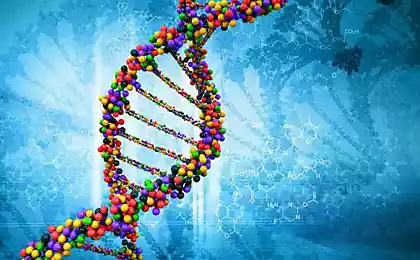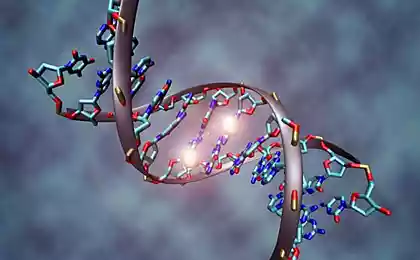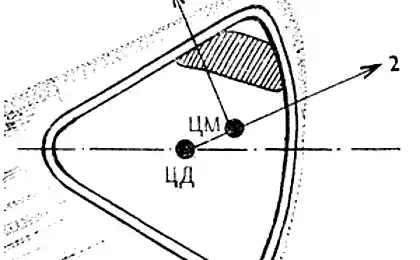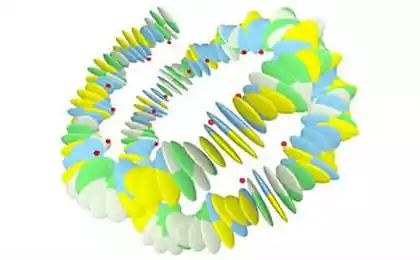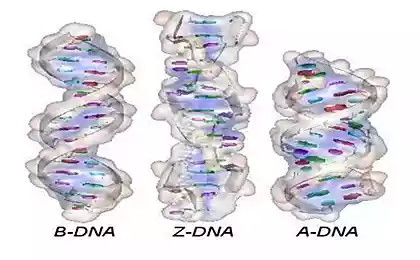641
DNA has experienced extreme flight through the earth's atmosphere
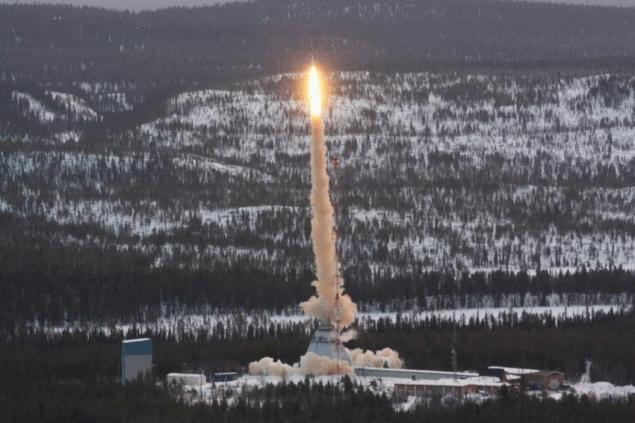
The genetic material DNA can survive a flight through space and re-entry into earth's atmosphere — and still able to transfer genetic information. A team of scientists from the University of Zurich outstanding results in the experiment research rocket TEXUS-49.
Attached to the outer shell section of the rocket with a valuable cargo using a pipette, a small double-stranded DNA molecule went into space from Earth and back. After the launch, space flight, re-entry into the earth's atmosphere and landing, plasmid DNA molecules were still on the points of the rocket, where they were placed. And it's not the only surprise: the preserved DNA molecules were still able to transfer genetic information to bacterial cells and connective tissue cells.
"This experiment provided evidence that genetic information is DNA is in fact able to survive the incredible conditions of space and re-entry into dense atmosphere of the Earth," said Professor Oliver Ullrich.
The idea of the experiment called DARE (experiment re-entry of DNA into the atmosphere) was born spontaneously: the scientist Cora Thiel and Professor Ullrich were conducting experiments in the mission TEXUS-49 exploring the role of gravity in the regulation of gene expression in human cells using remote control equipment. In preparation for the mission, they wondered whether the outer shell of the rocket be suitable for stability testing of so-called biosignature.
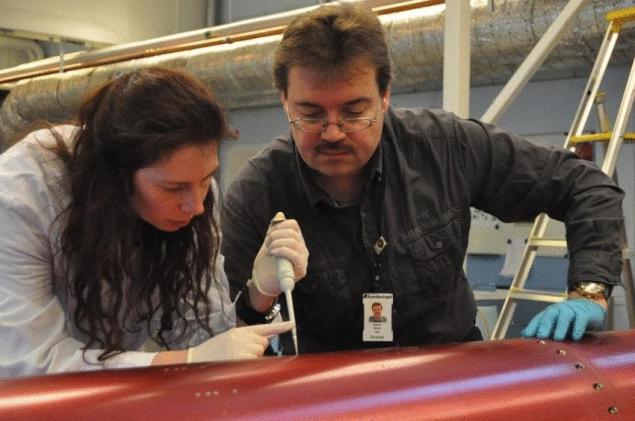
"Biosignatures are molecules that can confirm the existence of extraterrestrial life, past or present," explained Thiel. Two scientists of the University of Zurich have launched a small second mission at the European rocket station Esrange in Kiruna, North of the Arctic circle.
Invented on the spot an additional experiment was designed as a preliminary test the stability of biomarkers during spaceflight and re-entry. Dr. Thiel did not expect what results you will get: "We were very surprised when we found so many intact and functionally active DNA." The study showed that genetic information of DNA can withstand the most extreme conditions.
Scientists believe that DNA could reach the Earth from space: extraterrestrial materials from dust and meteorites, for example. Every day about 100 tons of this material falls on the Earth.
The extraordinary stability of DNA under space conditions also needs to be taken into account in interpreting the results of searches of extraterrestrial life.
"The results show that, despite all precautions, space ships could carry terrestrial DNA to the place of future landing. We need to take this into account in the process of searching for extraterrestrial life".
Source: hi-news.ru
Found the off button of pain
Tablets for the treatment of alcoholism became available to UK residents



